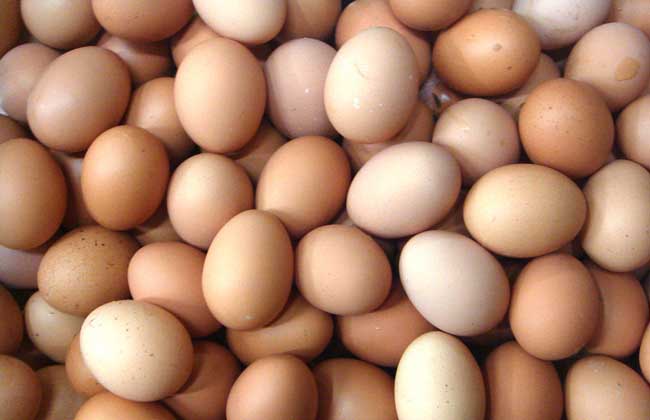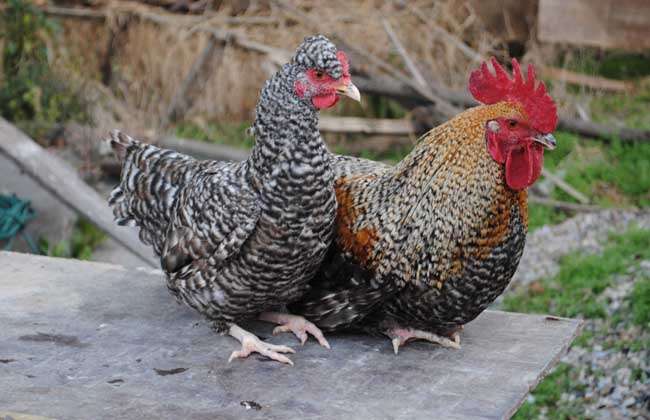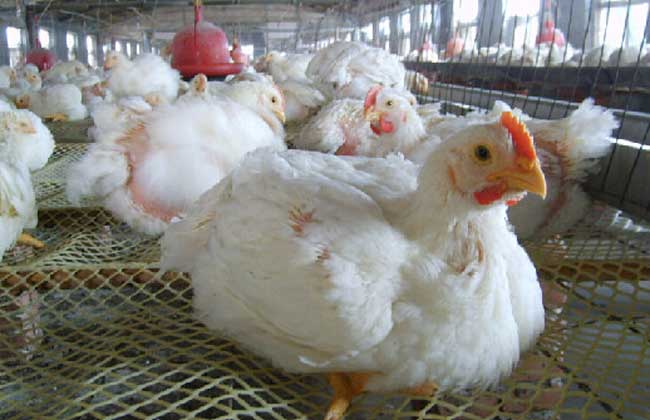How much are the eggs per jin?

Eggs are eggs laid by hens, with a hard shell on the outside and air chambers, egg whites and yolks on the inside. the proportion of amino acids in protein is very suitable for the physiological needs of the human body and is easily absorbed by the body. the utilization rate is as high as 98% and the nutritional value is very high. an egg weighs about 50 grams and contains 7 grams of protein. Let's take a look at how much an egg costs per jin.
How much are the eggs per jin?
The price of eggs is different in different places, generally about 4.5 yuan for ordinary eggs. At the same time, the price varies according to the variety of eggs, the eggs fed with feed (relatively large body and no nutrition) are about 4 yuan per jin, the eggs fed with coarse grains are about 6 yuan per jin, the eggs fed with green vegetables and rice are about 8 yuan per jin, and the green shell eggs are about 10 yuan and 15 yuan per jin.
How should I keep the eggs?
1. Soak the eggs in salt water and keep them fresh for several months.
2. Wash the eggs, soak them in boiling water for half a minute, dry and seal them, and keep them for months.
3. Apply a layer of cooking oil or Vaseline on the surface of the egg to prevent the invasion of bacteria and prolong the fresh-keeping time.
4. Spread some sawdust, sawdust, fine sand, rice bran, grain husk and plant ash in the container and put the eggs head down to prolong the fresh-keeping time.
5. Put 6cm thick beans on the bottom of the container, put a layer of eggs, top up, and then spread a layer of beans, which can be preserved for several months.
6. The eggs can be kept fresh for a long time by soaking them in 2% alum solution.
How to identify native eggs?
1. Size: native eggs are laid by home-raised hens. If the breed of this kind of chicken is relatively pure, there are generally few eggs, because the chicken itself grows up on rice, grain and grass, not fodder. So the size of the eggs laid is not as big as that of feed chickens.
2, appearance: if it is the egg laid by the native chicken, the color is definitely not as bright as that of the feed chicken, its color is relatively light and white, and the color of the feed chicken is darker.
3. Shake the egg: we all know that there are still many artificial eggs and bad guys. For this situation, you can shake it with your hands, and there is a little movement, indicating that it is a real egg. If you shake it, it feels like it is scattered or there is no gravity movement for a long time, which means it is a fake guy or a bad guy.
4, broken eggs: for you are not very assured of the seller, you can choose to say broken eggs, if the other party is very sure, but also willing to let you break, I believe he will think you are an expert, probably not wrong.
5, intima: eggs have a thin film, if the above method is tried, you can choose to look at this film, if thick, it is definitely not, generally soil eggs are very thin, very soft. If you can't master this, you will pay attention to it when you eat eggs, and you will find that some of the skins are really thin and some are very thick.
6. Egg yolk: the yolk of native eggs is very small, because the egg itself is small, plus the yolk is no big deal, the color is generally better than golden yellow, if it is larger and light yellow, it is not a real native egg.
7. Stir: usually we break up the eggs before frying them. At this time, we have to stir them. When stirring with tools, if they break up all of a sudden, it means that they are not native eggs. Generally, native eggs have to be stirred for a long time before they are dispersed, because they are very thick.
Related
- A course of planting techniques and methods on how to grow carrots
- How to plant the latest tulips?
- Is it better to pick tea in the morning or in the afternoon? When is the best time for tea to be picked? what is the third or fifth tea?
- Launch Yuanxiao Happy combination Haocha + Tea Yuan healthy Taste
- Penghu Tourism "Fireworks 20 Parade with You"
- 2022 West Lake Happiness holds "Digital Revitalization Voucher" and draws iphone13 and laptop.
- Banqiao Fuzhou social houses are designed to change start-up combined with police elimination to create a safe and livable environment
- The convenient measure of "mechanical weeding" in Xinbei has been abused and the Agriculture Bureau has imposed heavy penalties on the illegal land consolidation.
- Changgeng University Joins Hands with Four Memory Factories to Rescue Memory Talent Shortage
- The list of Taiwan's top 100 MVP managers is listed by the Director-General of the Farmers' Association of Sanxia District.



